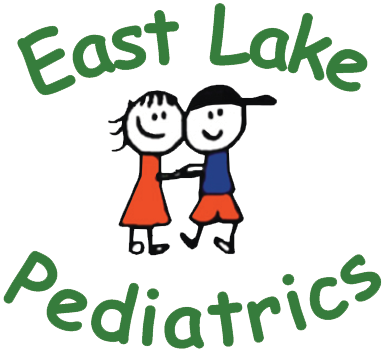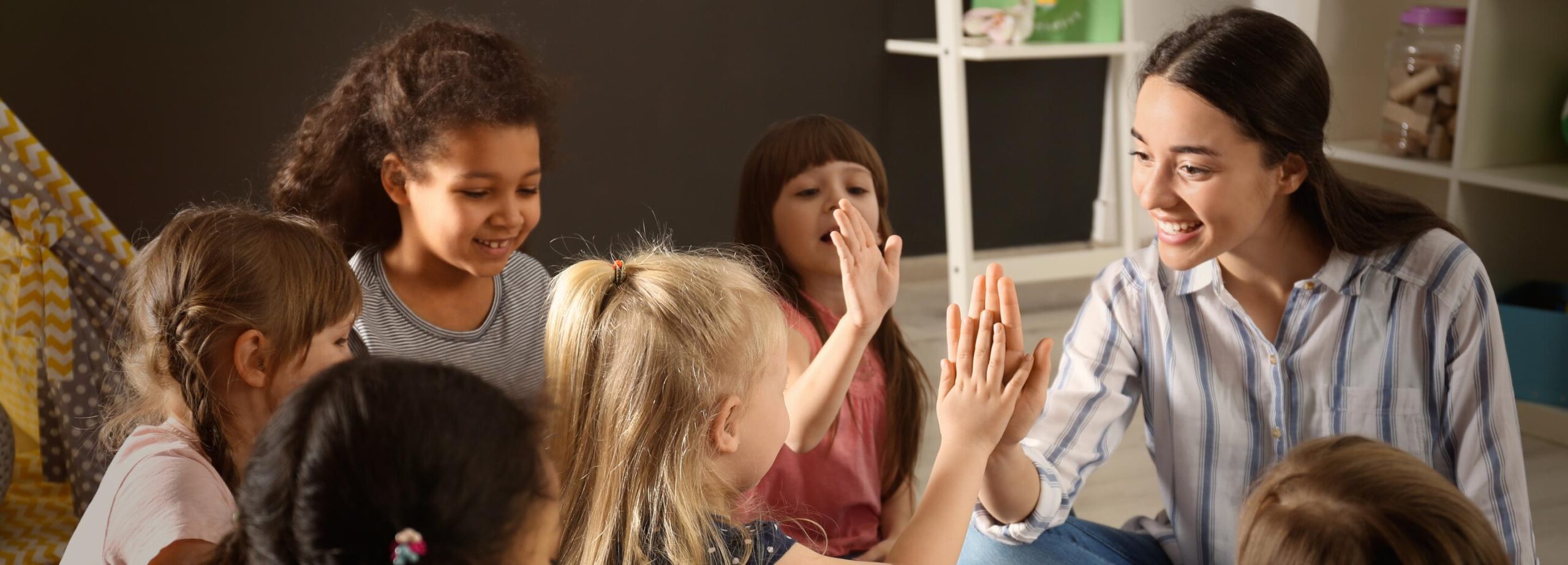
Starting kindergarten is a big milestone—not just for your child, but for you, too. If you’re feeling a little nervous, you’re not alone. Many parents ask: “What should my child know before the first day?” While academics matter, the most important skills are practical and emotional. Think: using the restroom independently, recognizing their name, and feeling confident saying goodbye.
Key Takeaways
-
Encourage independence with self-care routines like dressing, hand washing, and using the bathroom.
-
Build early literacy by reading together and exploring letters—especially those in your child’s name.
-
Practice listening and following directions through playful activities.
What Does Kindergarten Readiness Really Mean?
Cognitive and Academic Foundations
Recognizing letters, counting to ten, identifying shapes, and understanding basic patterns are all useful. But don’t stress about perfection. Instead, focus on:
-
Name recognition: Can your child spot or spell their name?
-
Simple directions: Two- or three-step instructions like “Put your shoes on and grab your backpack.”
-
Book familiarity: Knowing how to hold a book, turn pages, and recognize that text goes left to right.
Social and Emotional Skills
Children thrive in kindergarten when they feel safe, heard, and supported. Help your child practice:
-
Expressing needs clearly (“I’m thirsty” or “Can I have a turn?”).
-
Sharing and taking turns during play.
-
Managing emotions when things don’t go as planned.
-
Handling separation gently with a goodbye routine.
Physical and Motor Readiness
Fine motor skills matter more than you might think. Help your child prepare with:
-
Crayon and pencil use.
-
Buttoning, zipping, and opening lunch containers.
-
Scissor practice (with supervision!).
And don’t forget stamina. A full school day can feel long for a five-year-old, so start practicing earlier wake-up times and structured days.
Create a Kindergarten-Ready Routine
Routines give kids a sense of security—and they also cut down on the chaos. Try these:
Establish Morning and Bedtime Rhythms
Use visual schedules with pictures for brushing teeth, getting dressed, and packing a backpack. Kids love checking off completed tasks!
Simulate a School Day
In the weeks leading up to kindergarten, practice getting up, dressed, and “out the door” at school time. Maybe visit the playground or library as a pretend school outing.
Involve Your Child in the Process
Have them help pack their lunch, choose clothes, or pick a book for bedtime. Ownership builds confidence.
Learn Through Play (Yes, Really)
Play is your secret weapon. Through play, kids learn problem-solving, collaboration, and communication—all skills they’ll use in class.
Ideas to Try:
-
Dramatic play: Pretend you’re the teacher and your child is the student (then switch roles!)
-
Sorting and patterns: Use socks, buttons, or cereal to sort by color, size, or shape.
-
Letter scavenger hunts: Spot letters on signs during walks or grocery trips.
The Value of Pre-Kindergarten Programs
Not every child needs pre-K, but for many, it offers a helpful bridge to kindergarten. Pre-K classes build social-emotional and academic skills in a supportive, structured environment.
Look for programs that:
-
Encourage independence and cooperative play.
-
Emphasize hands-on, play-based learning.
-
Communicate clearly with parents about progress.
No pre-K in your area? No problem. Local libraries and community centers often host storytimes or toddler playgroups that provide a similar experience.
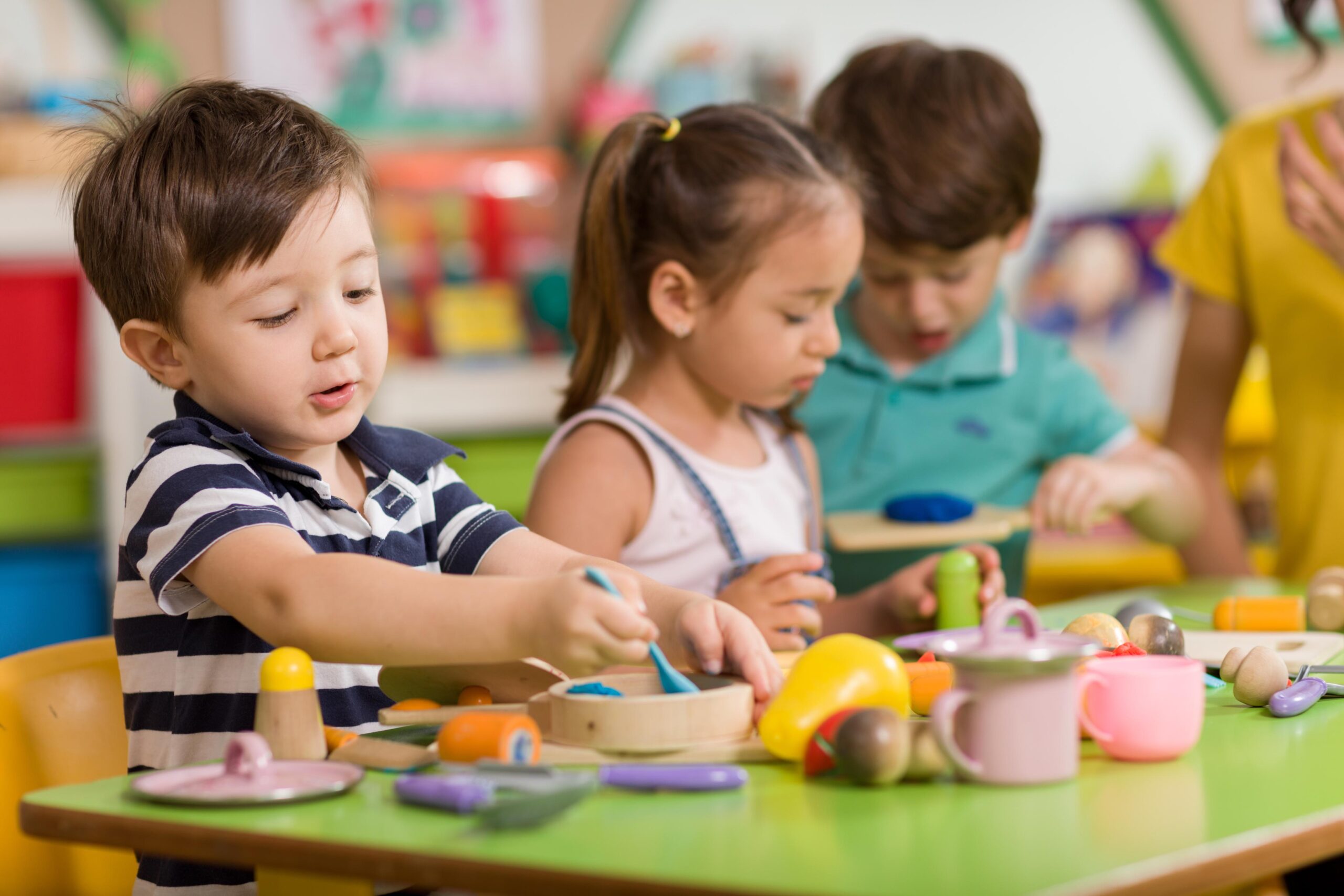
Build a Supportive Home Environment
Your home is the launchpad for your child’s learning journey. By setting the stage now, you help them feel confident, calm, and curious when they walk into that classroom.
Promote Independence at Home
Let them zip their coat. Let them try and fail (and try again). It’s tempting to step in, but confidence comes from experience.
Set up kid-friendly zones:
-
A low hook for their backpack
-
An accessible drawer for lunch containers or school supplies
-
A labeled cubby or basket to store their shoes or jackets
Small victories like these help your child feel in control—something that matters even more if there are younger siblings around.
Celebrate Learning Every Day
Reading aloud together builds vocabulary, listening skills, and a love for stories. Point to words as you read and ask questions like, “What do you think will happen next?”
Add little moments of learning to daily life:
-
Count fruit while grocery shopping.
-
Find shapes in your neighborhood.
-
Write silly notes and leave them in lunchboxes.
Foster a Love of Discovery
Children learn by watching and mimicking. Share your own moments of learning: “I didn’t know how to fix the sink, so I watched a video.”
Give them space to ask questions and explore answers together. Curiosity is the spark that fuels a lifetime of learning.
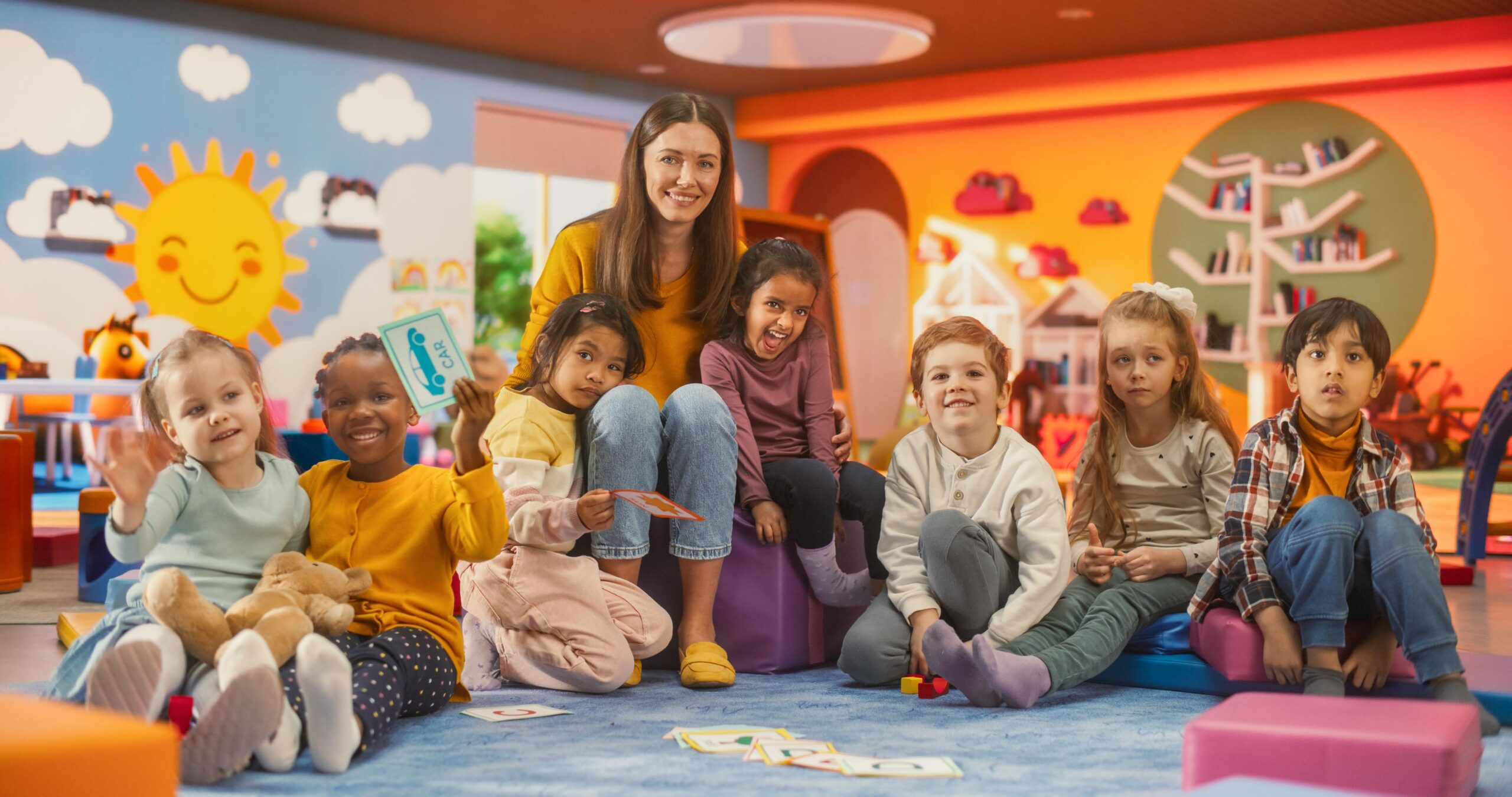
Frequently Asked Questions
How can I help my child with separation anxiety?
Create a consistent, calm goodbye ritual. Maybe it’s a hug and a wave from the window. Keep it short, sweet, and predictable.
What should my child be able to do on their own?
Using the bathroom, washing hands, putting on shoes, and opening lunch items. It’s okay if they’re not perfect—just practice!
Does my child need to read before kindergarten?
No! Recognizing letters and enjoying books is enough. Kindergarten will take it from there.
What if my child is shy or quiet?
Every child blooms at their own pace. Help build confidence through small social experiences like playdates or library events.
Final Thoughts: You’ve Got This
Preparing your child for kindergarten doesn’t mean turning your home into a classroom. It means giving them tools to navigate their world with confidence and curiosity.
Keep things light, playful, and consistent. Cheer for effort over perfection. And remember—you’re laying the foundation for a lifetime of learning.
👶 Need a Little Support Along the Way?
At East Lake Pediatrics, we know that every child grows at their own pace. Whether it’s developmental milestones, social skills, or kindergarten concerns, our pediatric team is here to guide you.
Explore more parenting tips and health insights at eastlakepediatrics.com, or call us to schedule your child’s back-to-school checkup.
Let’s work together to make this transition a joyful one.
The information provided in this blog is for educational and informational purposes only. It is not intended as a substitute for professional medical, or healthcare advice. Always consult with a qualified healthcare provider for diagnosis, treatment, and answers to specific medical questions.
